Composting is one of those things that people who love gardening actively engage in. There are many compost pros and cons to consider if you’re thinking about it.
Composting pros include reducing soil erosion, improving water quality, increasing soil fertility, and providing nutrients for plants.
However, there are also some drawbacks to composting, such as odor, increased maintenance, and the fact that compost piles tend to attract pests.
So, if you’re not sure whether or not you’d like to compost, think about these pros and cons before starting your compost pile.
8 Pros of Composting
Composting is great because it helps your garden grow better and keeps the soil healthy. You’ll be able to use the compost later on when planting new plants.
Here are some of the many pros to composting.
1. Compost is Good for the Environment
Composting reduces solid waste, minimizes methane gas, and therefore, reduces our impact on climate change. Composting is an excellent way to recycle your organic materials.
Composting also helps reduce greenhouse gases. Landfills produce methane, which traps heat in the atmosphere. This causes global warming. Composting helps reduce the amount of garbage in landfills.
Composting is beneficial to the environment because it doesn’t produce any harmful by-products or cause damage to the environment.
2. Compost Improves the Soil and Plants
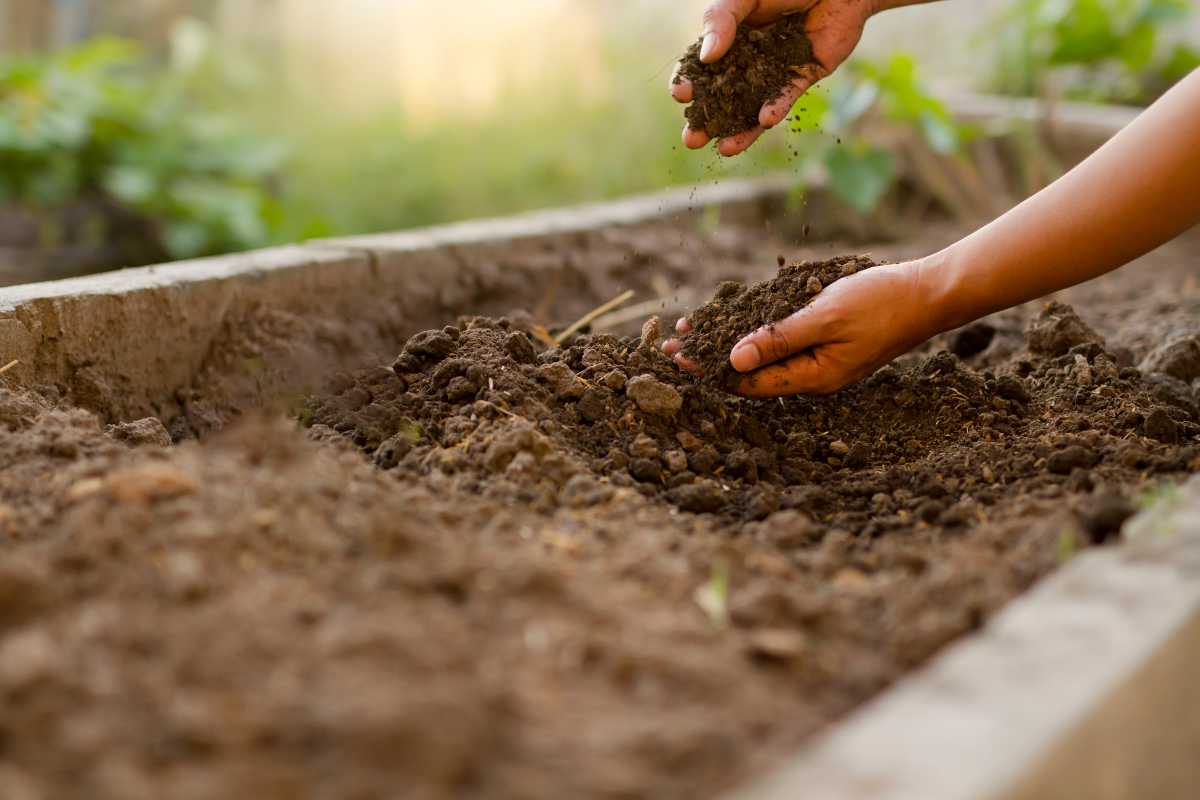
The more compost you have in your garden, the stronger your plants will become.
Composting can improve soil structure and water retention, and improves the quality of almost every type of soil. Compost increases the nutrients, air, and moisture content of the soil.
Better soil quality will help increase the size of plant roots, protecting them from erosion and water runoff.
Healthy soil means healthy plants and healthy people.
3. Compost Reduces Pollution
Composting is an easy way to save money and reduce pollution. Organic fruits and veggies are cheaper than those grown using chemical fertilizers. The fewer harmful chemicals we put into the environment, the better!
4. Compost is Available to Everyone, No Matter Where You Live
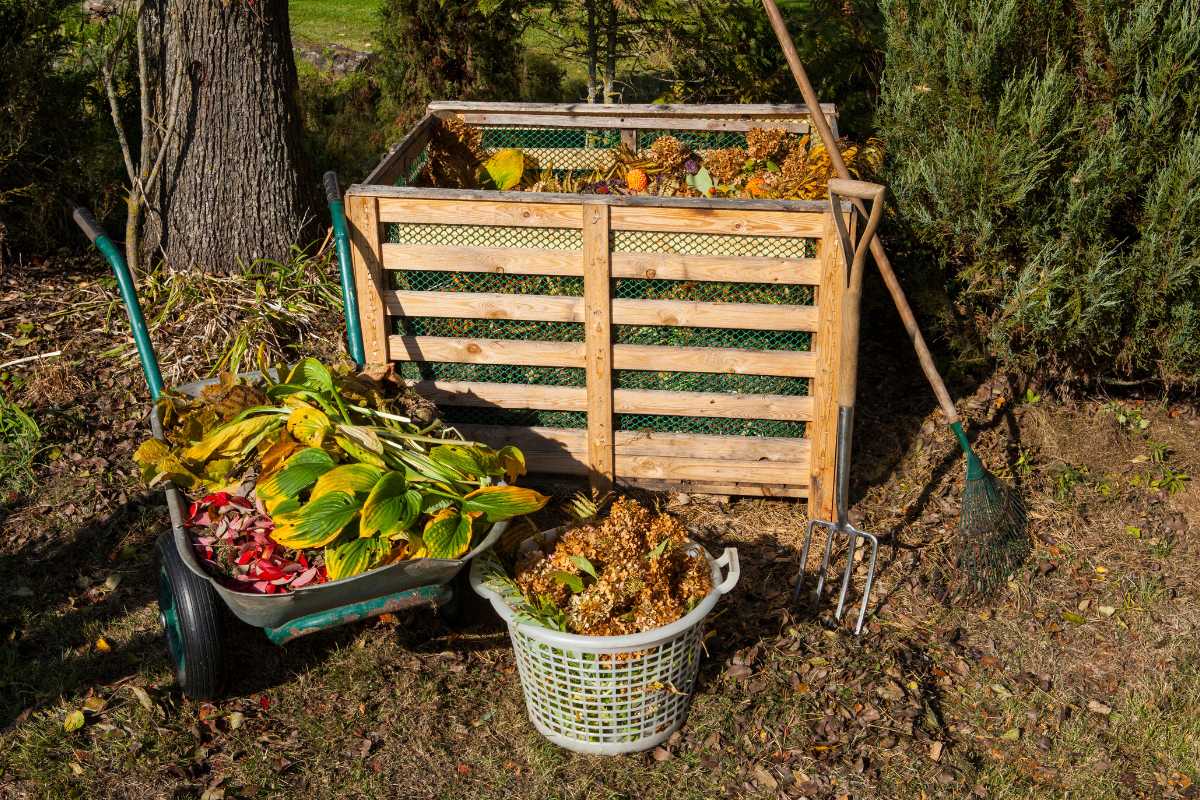
Anyone can compost. Even folks who reside in the most urban of settings can compost and, in fact, some of them are much more intense composters than rural homeowners.
Even if you do not have yard space for your own compost pile, many municipalities now have yard waste/food scrap programs. And you can compost indoors too.
There are a number of compost machines and various composting methods that you can utilize as well.
5. Compost is Easy
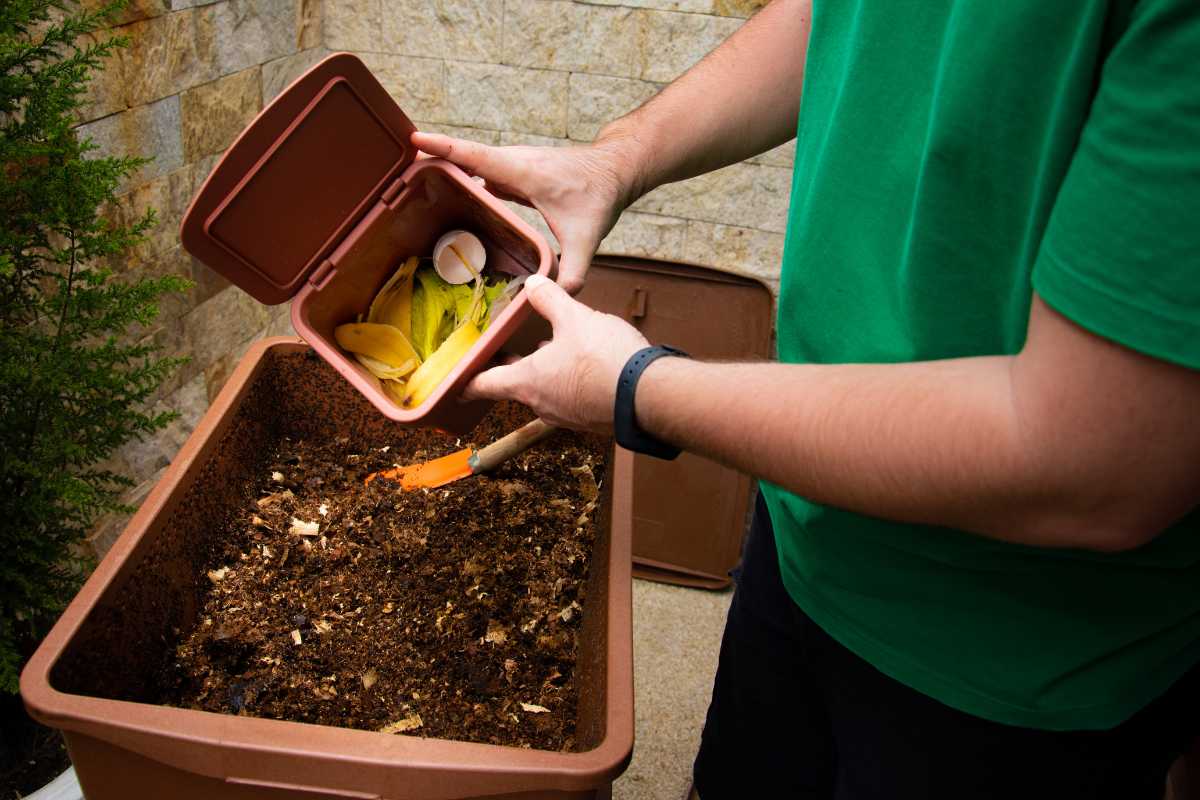
Composting is an easy process that does not require many tools or equipment. People can easily make compost out of kitchen scraps and yard wastes. This method helps save resources and reduce pollution.
Composting is also very convenient. You can even do it inside your house. No matter how much space you have, there are still ways to compost.
6. Compost is a Great Organic Fertilizer
Composting is an easy way to recycle organic waste into a rich soil amendment. Natural, organic fertilizer is made by mixing decaying plant materials with water.
Compost breaks down over time, and the surrounding plants feed off of it. Synthetic fertilizers are harmful to the environment.
7. Composting Can Be Educational
You may find yourself learning new skills when you start composting. Make it a family activity with the kids.
For example, you might learn about different types of worms and their role in the composting process. You may also be able to identify various bugs and insects attracted by your compost.
Then continue learning how compost works, what happens during the decomposition process, and how it helps the soil and plants.
8. Reduce Garbage at Home
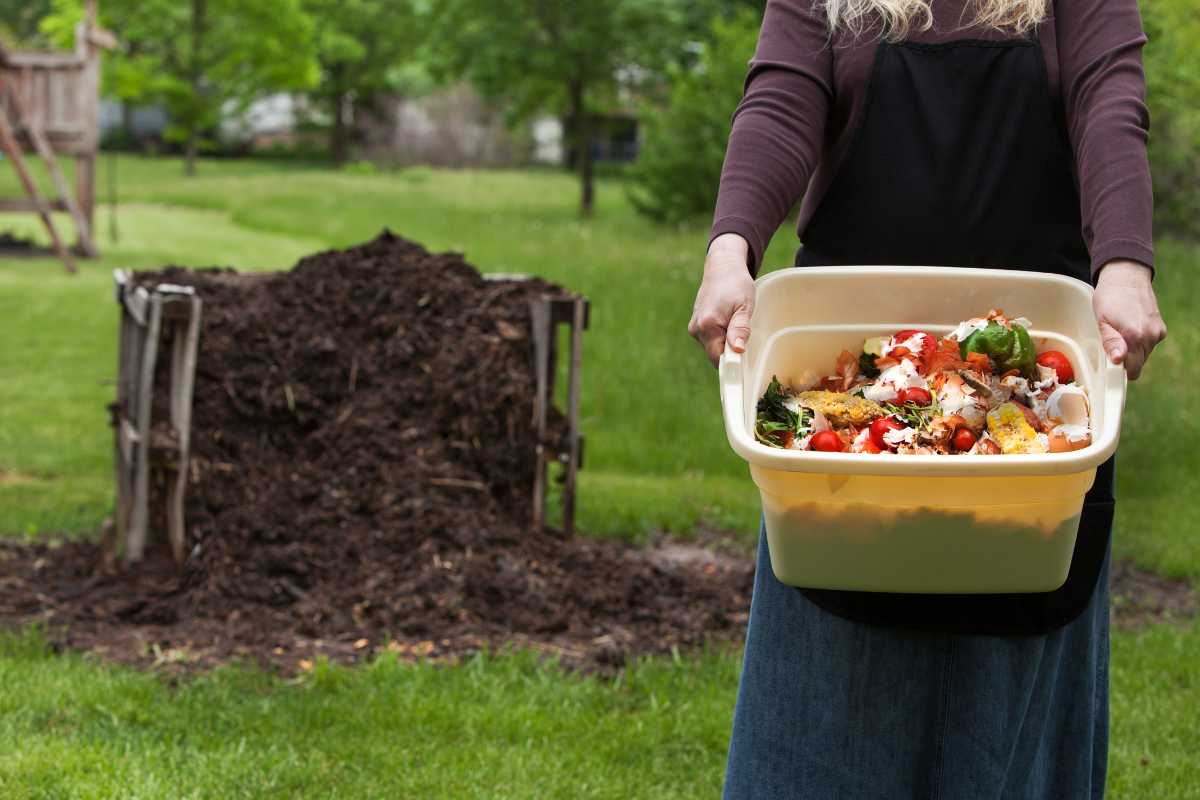
The reduction of garbage at home and the landfill is one of the main advantages of composting. All kinds of items at home that you would normally throw away can be added to your compost pile.
For instance, coffee grounds, eggshells, tea bags, paper towels, cardboard, and kitchen scraps can all be added to a composting pile.
Learn more about the Many Compostable Materials.
5 Cons of Composting
Even though there are significant advantages to compost, there are also disadvantages. Some of these include:
1. Compost Can Be Smelly
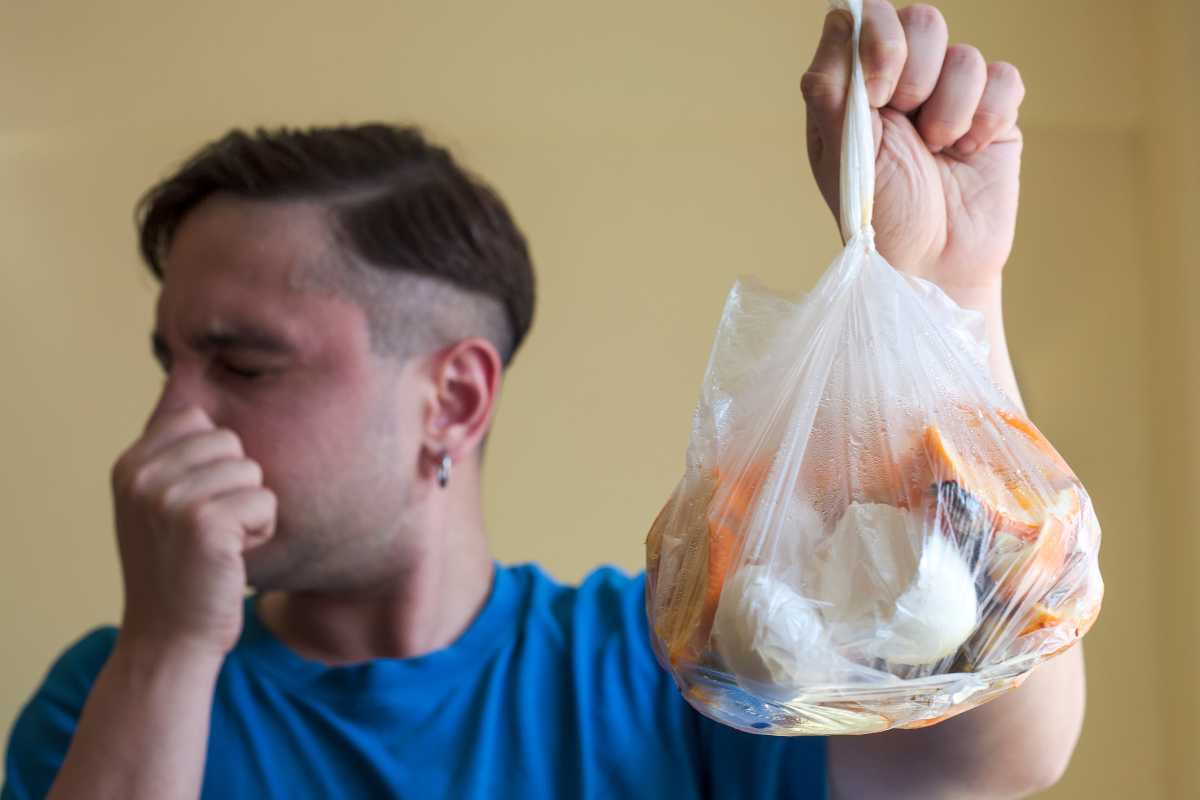
If you don’t maintain your compost properly, it may smell bad. Composting requires lots of oxygen and bacteria. These organisms consume the nitrogen and carbon compounds in food scraps. They then convert this waste into a nutrient-rich humus that makes up the bulk of the compost.
If you keep your compost pile moist, aerated, and covered, the odor should dissipate fairly quickly. However, if you let your compost continue to sit and stink, it could attract flies and rodents.
2. Composting Takes Time and Effort
Composting is a great idea if you want to make your garden grow faster and healthier. However, composting takes time and effort.
You must haul grass clippings, leaves, and other compostable material to a compost pile. Then you spread the compost into your garden or flower bed.
You will need to turn the compost regularly depending on the composting method.
3. A Compost Pile Isn’t Pretty
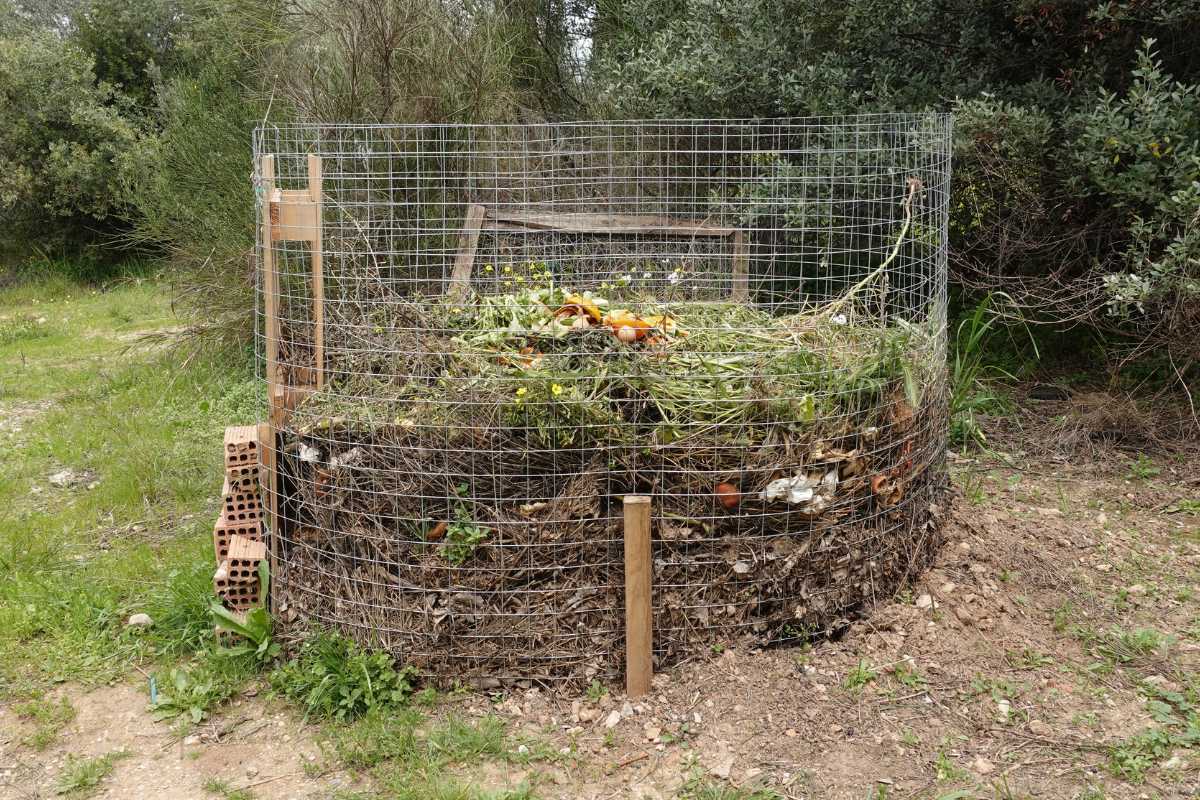
A compost pile can look ugly and unsightly. In addition, it’s usually located outside where it might get wet or muddy.
If you’re thinking it’s ugly, you can place your compost bin away from the house. Or you can try making a compost box that will hide the compost ingredients you add in.
4. Compost Can Attract Pests
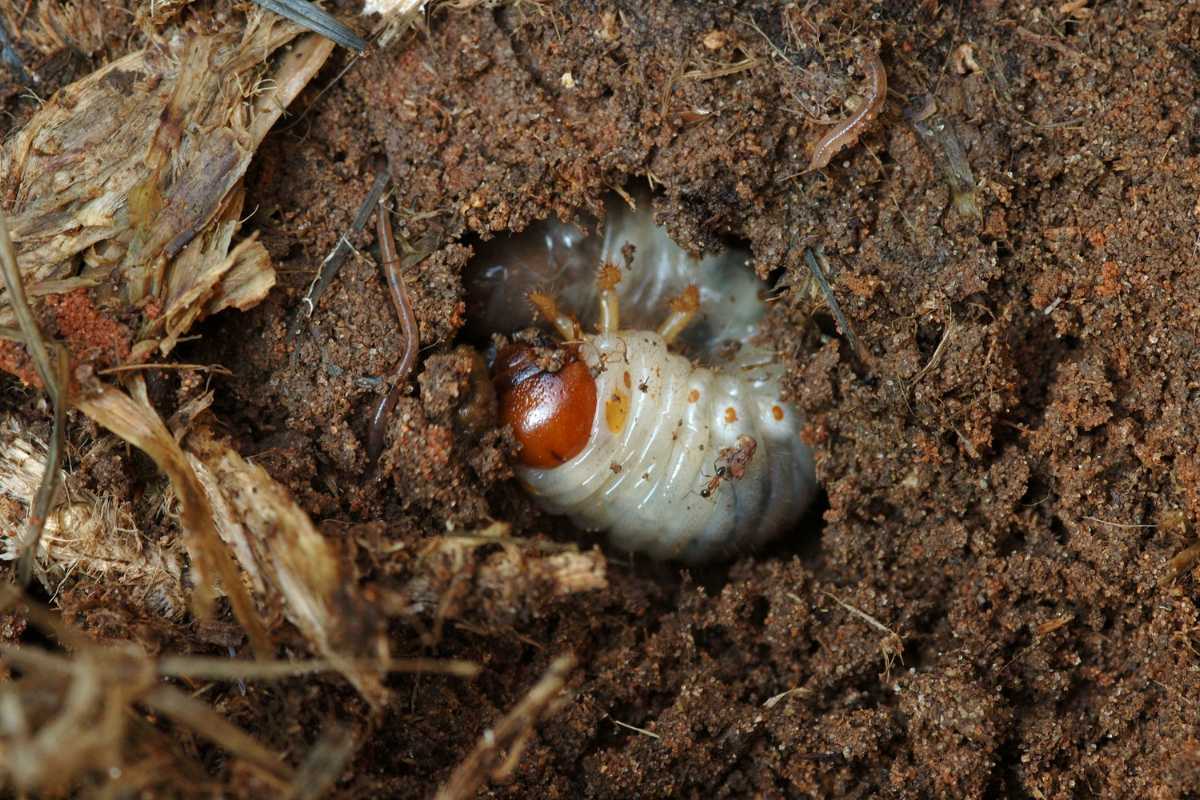
To avoid attracting pests, turn the pile regularly and bury food scraps in the middle of the pile to decompose. Don’t use chicken manure or any other animal waste because it may contain harmful bacteria.
Compost piles take up a lot of space, but they’re easy to make and maintain. A compost bin can be made out of any material, including plastic.
5. Compost Needs Maintenance and Balance
Composting can be a great organic fertilizer, but it still needs maintenance and keeping a balance of the brown and green materials.
For example, chicken manure is very rich in phosphorus, but if you use too much of it your plants will grow quickly and then stop growing because there is not enough nitrogen left in the soil. Too much phosphorus also makes the soil acidic. If you use compost without managing it properly, you could end up losing a lot of nutrients.
Composting Advantages vs Disadvantages Final Thoughts
Composting has many pros and cons. The good news is that you don’t have to compost everything. There are plenty of ways to recycle and reuse items around the home.
For example, you can compost paper products, newspapers, cardboard, and even crab shells.
Composting is an important part of recycling. Recycling helps conserve resources by reducing waste. Composting reduces waste because you use scraps of organic material to make fertilizer.
To learn more about composting, check out these articles:

